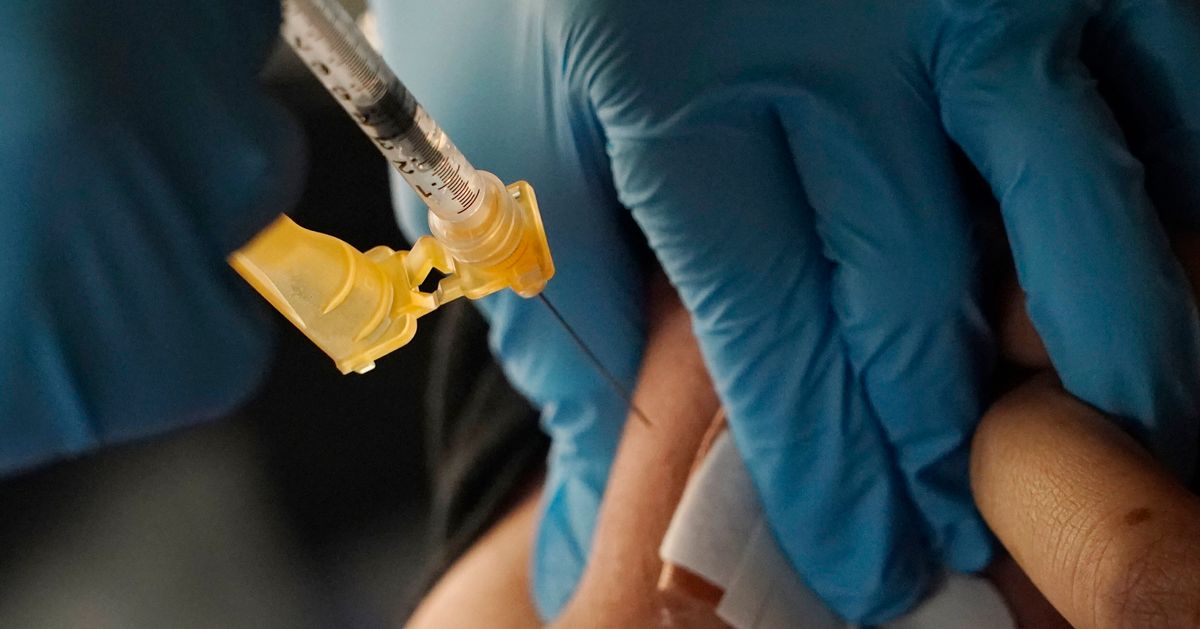Key takeaways:
- Adults ages 65 and older can opt to receive a booster dose of the Pfizer or Moderna COVID-19 vaccine as long as it has been at least four months since their first dose.
- Anyone getting a Pfizer or Moderna dose, whether it is a booster or their first-ever vaccination, will get the newest formula, not the original shots.
- Most people who are immune-compromised can also choose to receive an extra spring booster at least two months after their first, with additional doses in the fall.
The U.S. Food and Drug Administration (FDA) has amended the terms of its emergency use authorizations for the Pfizer and Moderna bivalent vaccines, allowing people ages 65 and older and certain people with weakened immunity to get additional doses before this fall’s vaccination campaigns.
The FDA said adults ages 65 and older can opt to receive a booster dose of the Pfizer or Moderna COVID-19 vaccine as long as it has been at least four months since their first dose of the bivalent vaccine. The FDA also took steps to make coronavirus vaccinations simpler for everyone, saying that anyone getting a Pfizer or Moderna dose, whether it is a booster or their first-ever vaccination, will get the newest formula, not the original shots.
Most people who are immune-compromised can also choose to receive an extra spring booster at least two months after their first, with additional doses in the fall. The FDA noted that the booster doses are not necessary for everyone, but they can help provide additional protection against the virus.
The FDA’s decision to allow booster doses of the Pfizer and Moderna vaccines is an important step in the fight against the coronavirus. By providing additional doses of the vaccine, the FDA is helping to ensure that those who are most vulnerable to the virus are better protected.



Be First to Comment